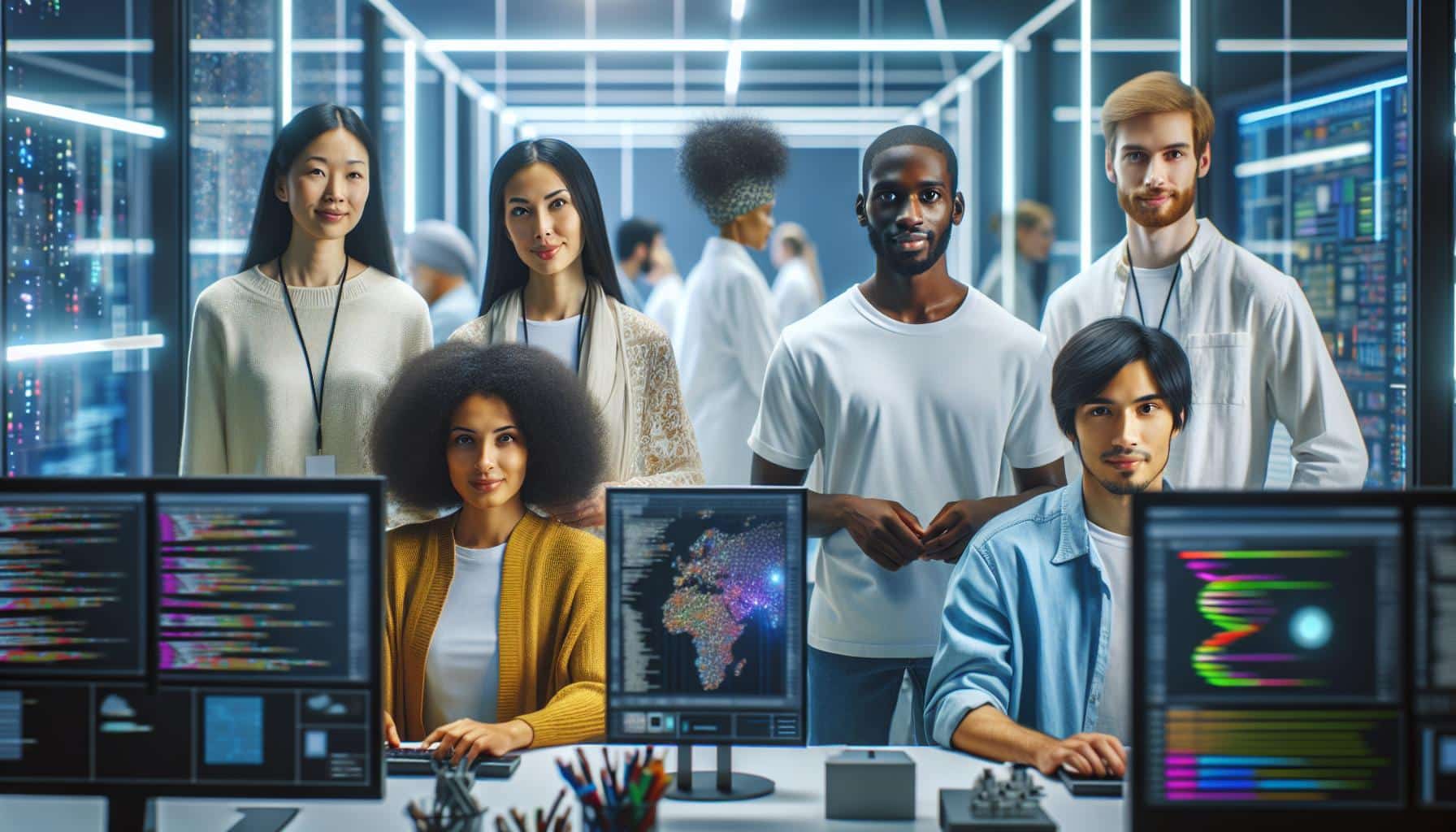The Limitations of ChatGPT: Beyond Completing Tasks Efficiently
ChatGPT, an AI language model developed by OpenAI, has garnered significant attention for its ability to complete both small and large tasks efficiently. However, it falls short in several areas, preventing it from truly mimicking human-like reasoning. While its impressive computational power allows it to generate coherent responses, its understanding often lacks depth and nuance.
One of the primary limitations of ChatGPT is its inability to reason effectively. While it can provide useful information and answer factual questions, it struggles when asked to make logical connections or handle complex scenarios. It lacks the critical thinking abilities and contextual understanding that humans possess, leading to flawed or even absurd responses in certain situations.
Another drawback of ChatGPT lies in its dependency on pre-existing data. The model is trained on a vast corpus of text from the internet, which inherently brings biases and inaccuracies. Biased information can potentially lead to biased outputs, perpetuating stereotypes or spreading misinformation. Additionally, due to its lack of real-time learning capabilities, ChatGPT cannot provide up-to-date information or adapt to evolving contexts.
A Quest for Human-like Reasoning: Unlocking ChatGPT’s Potential
To enhance ChatGPT’s abilities, researchers and developers are striving to unlock human-like reasoning. The goal is to enable the model to understand and interpret information in a manner similar to how humans do. This entails improving its ability to establish logical connections, recognize context, and infer meaning from limited or ambiguous cues.
To achieve this, advancements in machine learning techniques such as reinforcement learning and unsupervised learning are being explored. These techniques aim to enhance ChatGPT’s ability to learn from its interactions with users and improve its reasoning abilities over time. By leveraging large-scale datasets and reinforcement mechanisms, researchers hope to develop AI models that can reason more effectively and generate more accurate responses.
Bridging the Gap: Addressing the Lack of True World Diversity in ChatGPT
While ChatGPT has made impressive strides in generating coherent responses, it often fails to represent the true diversity of the world. Its limitations become particularly evident in its understanding of cultural nuances, regional variations, and underrepresented perspectives. This lack of diversity can result in the model providing generic or biased responses that do not reflect the heterogeneity of human experiences.
Addressing this gap requires incorporating more diverse and representative datasets during the model’s training phase. By including texts from a wide range of cultures, religions, and socio-economic backgrounds, developers can ensure that the model understands and respects different viewpoints. Additionally, involving diverse teams of researchers and experts in the model’s development can contribute to a more comprehensive and culturally sensitive AI system.
UBC Graduate Student Explores Opportunities to Enhance ChatGPT
Amid the quest to improve ChatGPT’s limitations, Mehar Bhatia, a graduate student at the University of British Columbia (UBC), is actively exploring avenues to enhance the model’s capabilities. Bhatia recognizes that while ChatGPT’s efficiency in completing tasks is commendable, its reasoning abilities and lack of diversity limit its true potential.
Through her research, Bhatia aims to enhance ChatGPT’s logical reasoning by integrating external knowledge sources and developing techniques that enable the model to understand complex scenarios. She believes that by incorporating broader contextual understanding and reasoning capabilities, AI models like ChatGPT can generate responses that are more accurate, reliable, and nuanced.
Jennifer Palma Interviews Mehar Bhatia on Improving ChatGPT’s Abilities
In an interview, Jennifer Palma discusses Mehar Bhatia’s research on improving ChatGPT’s abilities. Bhatia emphasizes the need for AI models like ChatGPT to go beyond task completion and develop reasoning capabilities that mimic human thinking. She suggests that approaches involving external knowledge and contextual understanding can bridge the existing gaps and enhance the model’s accuracy and reliability.
Bhatia also highlights the significance of addressing the lack of true world diversity in ChatGPT’s responses. She emphasizes the importance of inclusivity in training datasets and involving diverse teams in developing AI systems. Through these measures, Bhatia hopes to create AI models that better represent the diversity of human experiences and provide more nuanced and culturally sensitive responses.
In conclusion, while ChatGPT has proven its efficiency in completing tasks, its limitations in reasoning and lack of world diversity hinder its potential. Researchers like Mehar Bhatia are actively working to enhance the model’s abilities by focusing on human-like reasoning and addressing the diversity gap. By unlocking reasoning capabilities and incorporating broader perspectives, AI models like ChatGPT can make significant progress toward mimicking human intelligence and offering more reliable and inclusive responses.
Analyst comment
Neutral news.
As an analyst, the limitations of ChatGPT may hinder its market potential. However, researchers like Mehar Bhatia are actively working to enhance its abilities, focusing on human-like reasoning and addressing the lack of world diversity. By unlocking reasoning capabilities and incorporating broader perspectives, ChatGPT could make significant progress and offer more reliable and inclusive responses.













